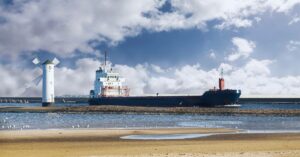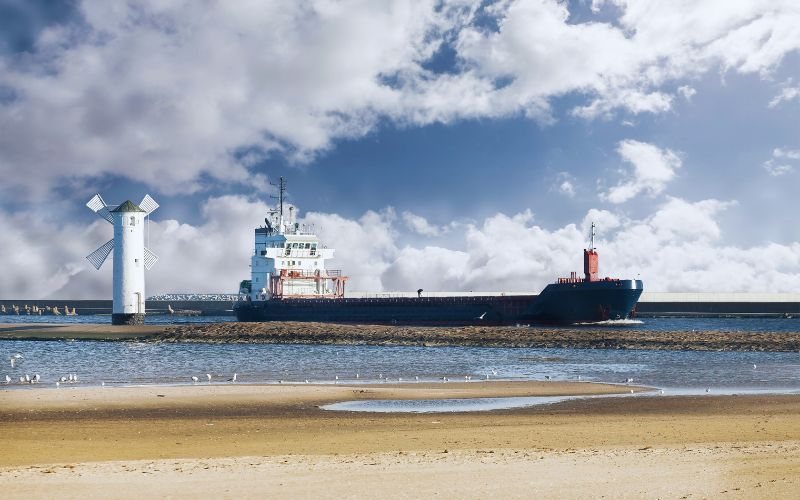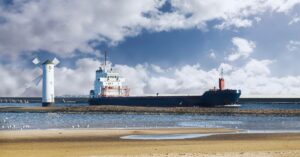
Iran’s New Drone Ship ‘Shahid Bagheri’ Spotted In The Persian Gulf
December 14, 2024
U.S Navy Warship To Visit China’s Close Ally In Southeast Asia After 8 Years
December 14, 2024

The Finnish Parliament recently approved a bill that prohibits ships from discharging wastewater into the Baltic Sea within its territorial waters.
The law passed at the beginning of December 2024, will enter into force in July 2025 and includes a ban not only on wastewater discharge but also on sulphur scrubber water and scrubber sludge into the Baltic Sea within the territorial waters of Finland.
Finland has become a pioneer in curbing ship emissions while work continues on banning the discharge of wastewater from cargo vessels in the entire Baltic Sea.
Baltic Sea Action Group’s (BSAG) report published this month by Traficom outlines the importance of this new law as shipwater discharges are more dangerous for the Baltic Sea ecosystem than earlier thought. The report states that some vessels discharge wastewater and food waste into the port but a large part of it ends up in the sea.
BSAG, a non-profit said that it worked for many years to control primary emissions and save the Baltic Sea. It contacted shipping companies, ship brokers, port authorities and other agencies, ultimately pushing for a ban on emissions at a national level.
Ship wastewater is on the national policy agenda in Denmark and Sweden as the nations plan to ban the discharge of sulphur scrubber water into the Baltic Sea in their territorial waters from 2025 summer.
Ville Wahlberg, BSAG CEO stated that in order to prevent ships from discharging wastewater into the Baltic Sea, international cooperation and influence are needed. HELCOM, IMO and the EU must play an important role in this regard, he added.
In a related development, Transport and Tourism Committee Members of the European Parliament voted a year ago to update the EU regulations on preventing ship pollution in European Seas and ensure perpetrators face fines.
This development would ensure that IMO’s regulations preventing illegal discharges from vessels become a part of EU Law so they can be enforced easily.
References: Offshore Energy, Safety4sea
Source: Maritime Shipping News


